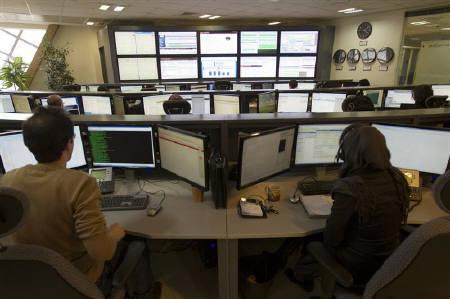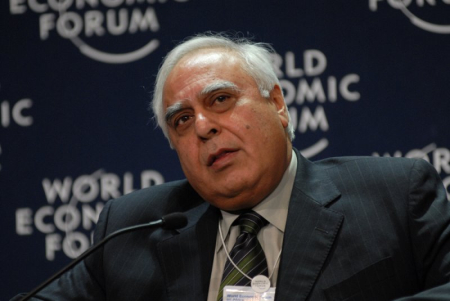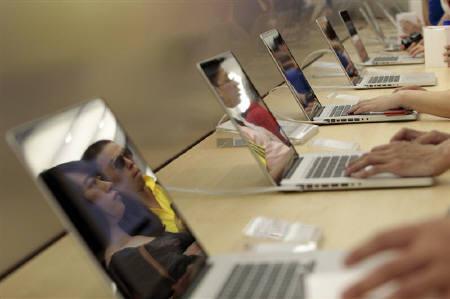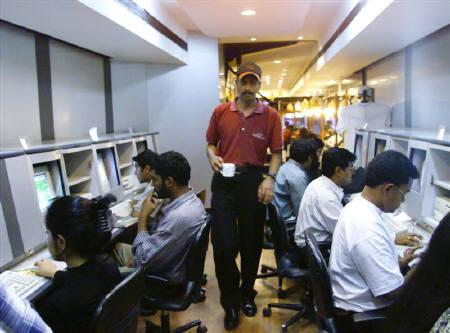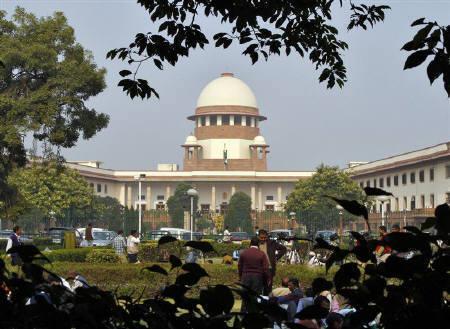 | « Back to article | Print this article |
Government move to control Internet is wrong
The same week that Wikipedia and several other highly trafficked websites went dark to protest legislation in the United States that would severely curtail their operations, the Delhi High Court was hearing an attempt by the Indian government to take on 21 social networking sites (owned by 10 overseas companies) for "promoting enmity between classes, causing prejudice to national integration and insulting religion or religious belief of any class" under various sections of the Indian Penal Code.
This follows the attempt by Vinay Rai, a journalist based in the National Capital Region, to put together a list of online content created by users of these websites which, in his opinion, could cause "communal riots across the country".
Click NEXT to read more...
Government move to control Internet is wrong
The government concurred, and recently sanctioned the sites' prosecution, part of a response by the authorities that has been far from impressive.
First, Telecom Minister Kapil Sibal asked that social networking sites pre-screen content before uploading, something that is manifestly impossible - even for China, with its Great Firewall and an army of government censors working overtime.
Perhaps not fully informed of that failure, Justice Suresh Kait of the Delhi High Court remarked: "Like China, we too can block such websites.
Click NEXT to read more...
Government move to control Internet is wrong
In fact, as the People's Republic of China's failure to do so shows, it is a technologically daunting task; indeed, it is not feasible unless all international phone calls are cut off, as was done by the Egyptian and Iranian governments.
Even attempting it would be a colossal waste of time and public resources.
Apart from crippling India's 100 million-plus net users, such an attempted ban would lead to justified comparisons of the fundamental freedoms, such as the right to free speech, granted to their respective citizens by the world's two most populous nations.
Click NEXT to read more...
Government move to control Internet is wrong
Rai's "judgement", and by extension the government's in sanctioning prosecution on the grounds that content could trigger disharmony, damage national integration, etc, seems flawed for a simple reason: the efflux of time.
The cited content has been freely available for over a year. It did not spark riots, nor did it even elicit any comment, adverse or otherwise, until the authorities chose to make an issue of it.
In spite of its tradition of liberal democracy, India's legal legacy, as embodied in the IPC of 1861, severely limits free speech. The verbiage used in these laws is highly subjective - what is "offensive", "insulting" and "blasphemous"?
Click NEXT to read more...
Government move to control Internet is wrong
Between January and June 2011, various government agencies asked Google (which also owns Orkut, Blogger and YouTube) to remove 358 items, and to furnish the details of over 1,700 users.
Other service providers have received similar demands. The recent creation of a new body of laws which allows private individuals to be "offended" by Web content squeezes speech further.
A spate of complaints could clog an already stressed judicial system. Clearly, liberal democracies should not even be trying to emulate a form of control that the People's Republic of China has failed to pull off.
India's government would be sensible to note that its surfers seem to possess enough in the way of good sense to ignore supposedly inflammatory content.
